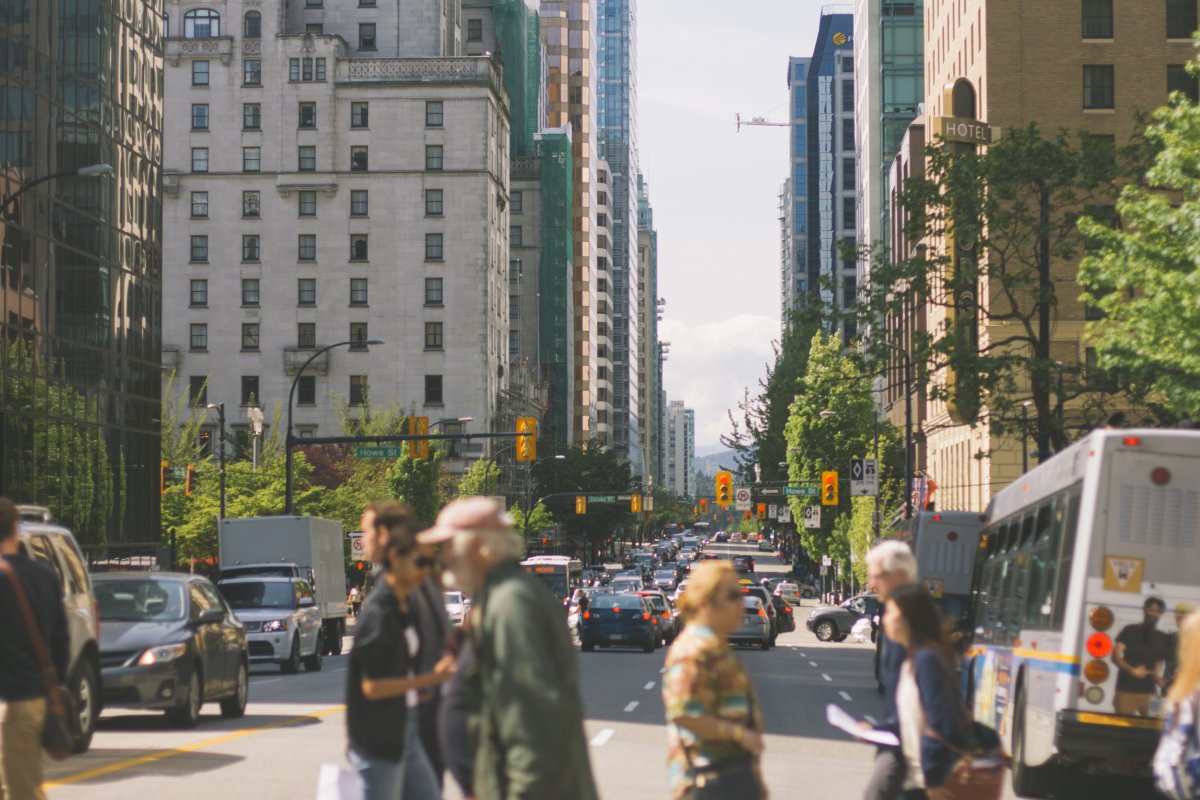
Through our work with grantees and partners, we see firsthand how climate change poses risks to our infrastructure, our environment and to the people of British Columbia.
This week, REFBC shared comments and recommendations for the second round of consultation on the BC Government’s forthcoming Climate Leadership Plan (CLP). REFBC’s second-round submission includes a cover letter addressed to Minister of Environment, Mary Polak, as well as a package of ten recommendations for integrating transportation and land use planning.
 REFBC supports both the Climate Leadership Team (CLT)’s list of 32 recommendations as well as a strengthened carbon tax to reduce carbon pollution across all sectors. In addition, we strongly recommend that additional strategies be developed and included in the CLP that will recognize the link between land use and transportation in reducing emissions.
REFBC supports both the Climate Leadership Team (CLT)’s list of 32 recommendations as well as a strengthened carbon tax to reduce carbon pollution across all sectors. In addition, we strongly recommend that additional strategies be developed and included in the CLP that will recognize the link between land use and transportation in reducing emissions.
Through work we’ve supported in the built environment, we know that land use and transportation, taken together, have a strong impact on emissions. Compact communities, with homes and workplaces closer together, create opportunities for active transportation, rapid public transit, and more efficient mixed-use building forms – all of which will help to reduce per capita GHG emissions.
The revised Climate Leadership Plan presents a critical opportunity to renew progress on climate action in BC and Canada. Specifically, we recommend that the CLP should:
- Provide local and regional governments with better access to tools that can help compare the full costs of land use and transportation choices;
- Update the Climate Action Charter with new tools and incentives for measuring and reporting on communities’ GHG emissions;
- Align local government mechanisms (zoning, development charges, taxes, etc.) with sustainability objectives and Smart Growth principles;
- Support new models and tools to help local governments match financial rules (full-cost accounting, asset management) to sustainability objectives;
- Increase the public’s understanding of the link between land use and transportation choices and long-term community health and resiliency;
- Ensure that Regional Growth Strategies and Official Community Plans include GHG reduction targets;
- Support Smart Growth principles by integrating land use and transportation planning at all levels: local, regional and provincial;
- Secure significant and consistent senior government funding for public transit;
- Support stronger regional coordination of integrated transportation and land use planning, policies, investments and targets; and
- Establish a provincial working group on integrated land use and transportation.
Despite the significant effort and attention of many organizations over the last 30 years, BC’s built environment is generally not becoming more sustainable and GHG emissions have increased in recent years.
The Foundation strongly encourages the Province to translate planning into action, through the CLT’s 32 recommendations as well as the ten recommendations above. We also recommend that the final Climate Leadership Plan be accompanied by evidence-based policy, implementation and accountability levers, as well as the necessary resources to ensure that targets can be achieved.
Links:
Cover letter to Minister Mary Polak | REFBC’s Climate Leadership Plan Submission
SHARE